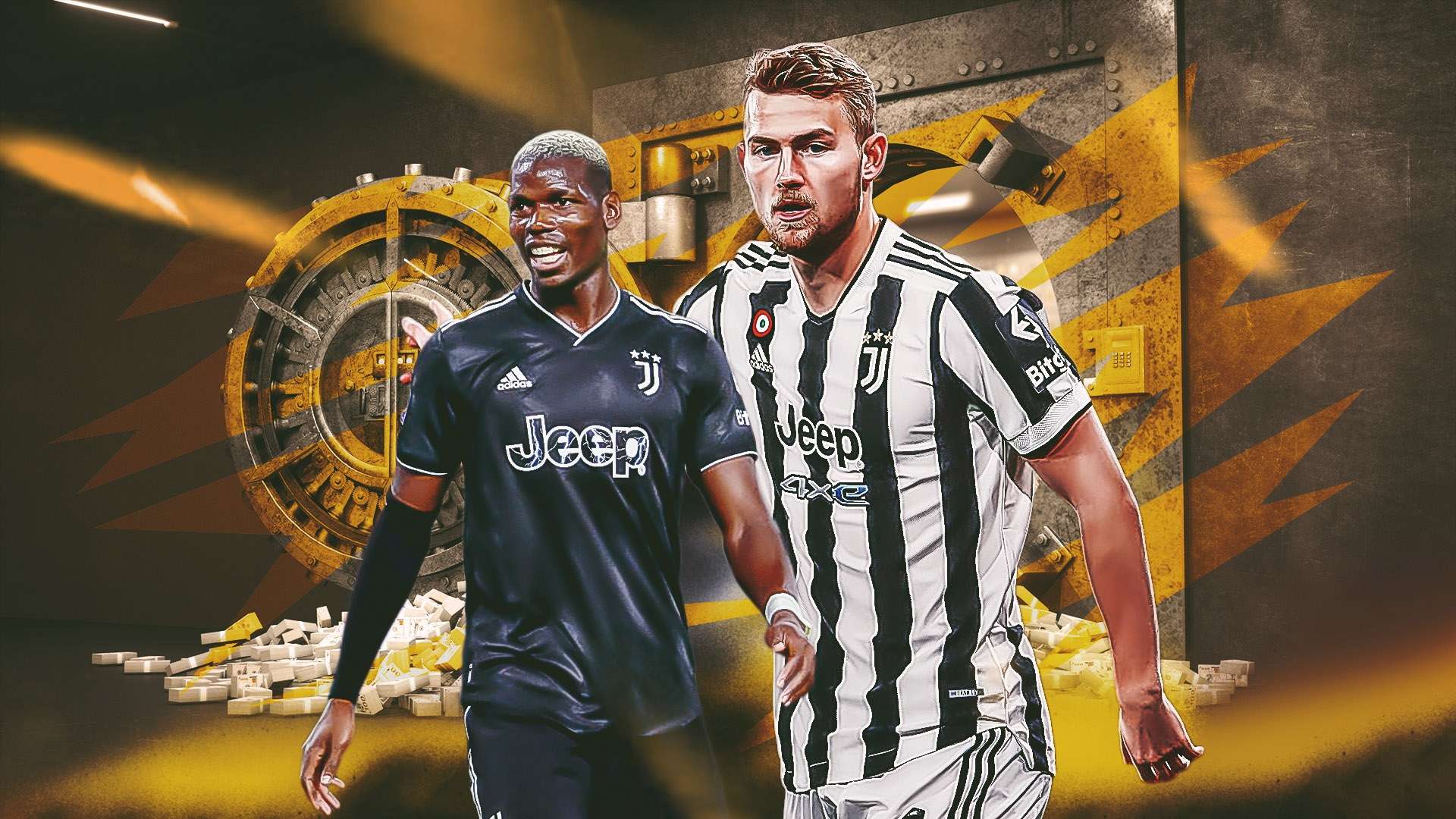The summer football transfer window is a peculiar beast – a season of fervent hope, rampant speculation, and frequently, profound frustration. For fans of Italian giant Juventus, the recent `mercato` has been no exception. What commenced with tantalizing headlines promising a new attacking spearhead for the club quickly evolved into a complex narrative dominated by fan anxiety, financial realities, and a surprising, almost ironic, pivot towards an entirely different area of the pitch.
The Elusive Striker: Jackson, Kolo Muani, and the Whispers of What Could Be
Initial reports, particularly those swirling through the passionate Juventus fan communities online, suggested an imminent arrival for a new striker – a «punta» – to bolster the squad. The name that most frequently surfaced in these discussions was Nicolas Jackson. His potential move, however, became a microcosm of the transfer market`s famously capricious nature. Rumors painted a dramatic picture: Jackson initially seemed destined for Bayern Munich, only for the deal to reportedly collapse due to an unexpected injury setback. Then, the plot thickened further: Chelsea, his then-current club, was purportedly reluctant to release him to Bayern, theoretically leaving a window, however fleeting, for other suitors to emerge.
Yet, amidst the Jackson saga, a clear preference emerged from a vocal segment of the fanbase: Randal Kolo Muani. Deemed by many as a more impactful and less «troublemaking» option, his name echoed a desire for a definitive, high-quality reinforcement rather than a speculative gamble. This internal debate arose despite Juventus already possessing a formidable striker in Dusan Vlahovic, whose departure seemed increasingly unlikely, alongside the reliable Arkadiusz Milik and emerging talent Kenan Yildiz. This begged a critical question: was the relentless pursuit of another striker truly the team`s most pressing need?
The Unheeded Cry: A Midfield in Dire Straits
Herein lies the crux of the fans` discontent and the delicious irony of the situation. While initial headlines and club-focused rumors teased striker arrivals, the overwhelming sentiment emanating from supporter forums and social media was a desperate, almost unified, plea for midfield reinforcements. «Midfield, midfield, and midfield!» became the unwavering rallying cry. Comments frequently highlighted a perceived lack of quality, with the midfield often dismissively described as «mid-table material» or simply «not good enough.»
The sentiment was unequivocally clear: a team aiming for top honors, or even just a strong challenge for a Champions League spot, required a significant upgrade in the engine room. General calls for a «quality player» for the center of the park, a «midfielder with bells on» (a colorful Italian idiom for someone exceptional), dominated the discussions. This stark contrast between media focus on attacking options and the profound fan priorities for the midfield underscored a fundamental, and perhaps worrying, disconnect between perception and reality on the ground.
«You`ve been saying the same things for weeks. The market is stuck, the team has obvious gaps in every area of the field.»
— A common sentiment reflecting fan frustration.
Reality Bites: Financial Constraints and FIFA Manager Fantasies
The online discourse also frequently bumped up against the harsh realities of modern football finance. While some fans dreamt of audacious, blockbuster signings, others pragmatically pointed to the club`s financial fair play (FFP) obligations and the perennial need to offload «excess» players to balance the books. The sarcastic comparison to «FIFA Manager» video games was prevalent – a sharp, self-aware jab at those who envisioned Juventus operating with the limitless budgets often associated with clubs like Manchester City or Paris Saint-Germain.
The constant refrain was «sell the deadwood, fix the accounts.» This understanding of the financial tightrope Juventus walks added another layer of frustration, as it often meant highly anticipated moves either stalled indefinitely, fell through entirely, or simply never materialized beyond the realm of pure speculation. The market, as many observed with weary resignation, was frequently «stuck,» and weeks could pass with little tangible progress, leading to a sense of exasperated déjà vu among the supporters.
Ultimately, Juventus` summer transfer saga, as reflected through the raw, unfiltered lens of its passionate fanbase, offers a compelling glimpse into the modern football ecosystem. It`s a world where a headline promising an attacking reinforcement can quickly give way to fervent demands for midfield maestros, where audacious rumors clash with financial prudence, and where the constant churn of speculation leaves supporters alternating between flashes of hope and moments of utter disbelief. As one fan wryly put it, «It`s all nonsense as usual,» perfectly encapsulating the transfer window`s unique ability to simultaneously ignite and extinguish expectations. For the Bianconeri faithful, the `mercato` is not just about who arrives, but also about the underlying strategy – or perceived lack thereof – that dictates their beloved club`s destiny.

